In the 14 years I’ve been publishing Andrew Hudson’s Jobs List, I’ve had the terrific opportunity to meet with thousands of job seekers. Many of these job seekers are unemployed and on the hunt for a job, and many a
re currently employed but simply trying to find a way to move ahead in their chosen profession; they may be burnt out, feeling unappreciated or are realizing that their current position is not the path they want to follow.
 From what I notice, it’s rare to find an job seeker who’s not struggling with many aspects of their job search. I mean let’s face it, job seeking is difficult. Job seeking is an intensely personal journey fraught with risk and an uncommon amount of failure that most people are not used to.
From what I notice, it’s rare to find an job seeker who’s not struggling with many aspects of their job search. I mean let’s face it, job seeking is difficult. Job seeking is an intensely personal journey fraught with risk and an uncommon amount of failure that most people are not used to.
Very rarely has anyone ever TAUGHT you to look for a job. Despite what a career counselor might have told you in college, it is a lot more than simply drafting a resume and blasting it out to prospective employers. This is particularly true for mid-career job seekers who are either trying to reinvent themselves or simply trying to find another job.
|
Usually, I am approached by job seekers who are seeking help with their resume; they are either needing help in creating a new resume or simply want someone to critique their current resume.
Anyone who tells me “My resume stinks and that’s why I’m not getting a job,” has usually fallen off the rails, so to speak, with the many other important aspects of their job search. The resume, while important, is only one of the many aspects of the job search. Job seekers who have sent out hundreds of resumes with no response usually have leapfrogged over these important aspects of the job search work that connect realistic opportunities with their true strengths and skills.
In short, your job is a marketing campaign and requires a marketing plan to promote yourself to a targeted audience of employers. Like any marketing plan, it requires thoughtful research of your audience, a thorough understanding of the strengths and aspirational qualities you are marketing and an action plan to put into play the touch points that advertise, promote, market and ultimately influence your audience to take action in your favor.
Successful job seekers have honest conversations with themselves about what it is they want to be doing and the type of organization they want to be doing it with. They develop a clear and understandable confidence about their skills, talents and values and are able to communicate these confidently in every touch point where they have an opportunity to influence an employer’s opinion about them.
The successful job seeker communicates a brand promise that immediately connects the relevance of background, experience and accomplishments, skills and talents and most importantly, rock solid confidence. A successful job seeker brand creates a ‘sigh of relief’ emotion that inspires your targeted audience to want to ‘try’ or ‘buy’ the product.
The touch points in a job search are generally pretty obvious. Your personal brand must consistently connect in your resume, cover letter and in every conversation and interview you have. ‘Consistently connect’ is an important phrase. Many job seekers have terrific resumes but are weak interviewers. Interviewing skills are perhaps the most important part of selling yourself into the job.
Part of your job-seeking plan is also a sales plan. Sales is not a typical skill for most job seekers, so understanding basic sales skills and routines to get your foot in the door and resume in the interview pile is an important tool in your job search. It means tapping into your networks of friends, family members, former colleagues, bosses and mentors to let them know you are searching for a job and to identify prospects. It also means developing new networks through professional associations, cold calling, researching companies and industry trends and following up on leads and suggestions.
Successful job seekers have thick skins and rock solid confidence; failure doesn’t pollute their minds with doubt or insecurity, its simply a part of the process. Successful job seekers set goals throughout the week that helps them develop keep a high degree of motivation and inspiration and is a good measure of their progress. Most importantly, every job they apply for is done with a thoughtful connection between the relevance of their background and experience to the job (and organizations) they are applying. They don’t apply for every job that ‘looks interesting’; they apply for jobs based on the criteria they have developed for themselves that considers their strengths, values, the type of job, the company and, of course, is something they want to be doing.
I realize that the job-seeking process is more complex than could be described in a few paragraphs. But I go back to something I wrote earlier – rarely have job seekers been taught the skills for successful job seeking. Even those that have been successful searching for a job in the past quickly realize that job seeking in the year 2012 is a very different process from when they had to look for a job two, five, or 20 years ago.
By learning the skills to search for a job, you will be a better job seeker and these are skills that will serve you throughout your career.








